The best Xiaomi phone: get a great camera for less
If you've looking for impressive specs and photography smarts for less, check out the best Xiaomi phones
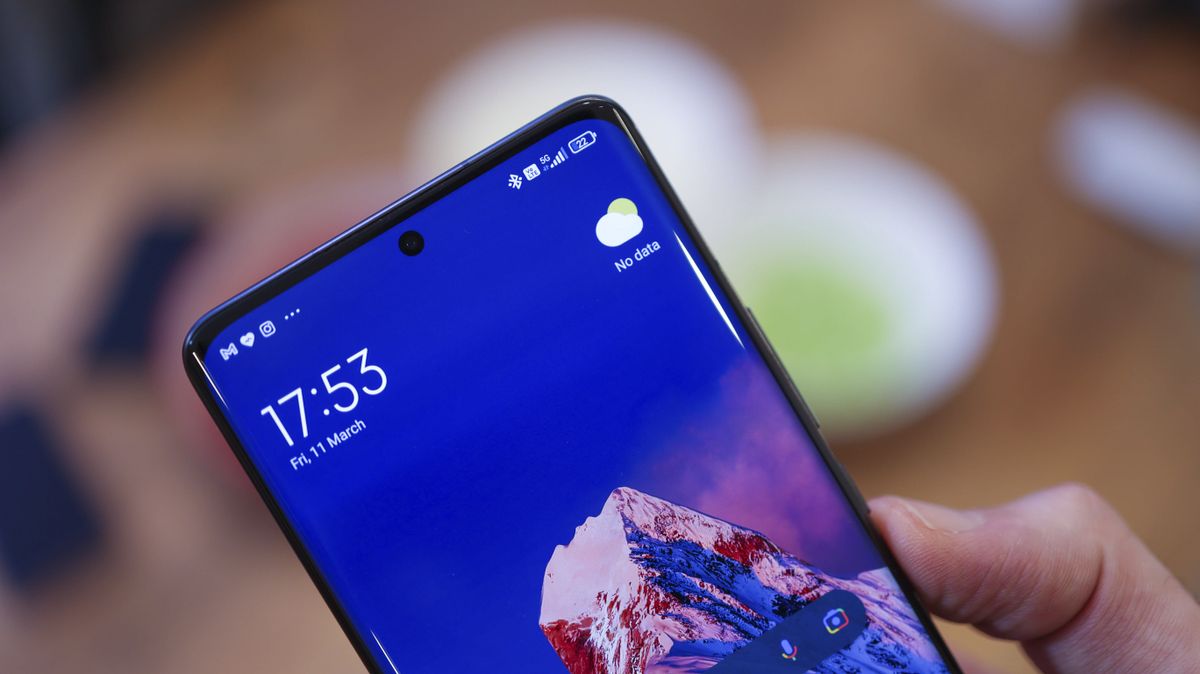
Even the best Xiaomi phones don't get a lot of media coverage outside of China. But if you're willing to cast off your brand loyalty to Apple or Samsung, you can get excellent cameras, fast processors, gorgeous screens, and impressive connectivity for a lot less money.
Choosing the best Xiaomi phone, however, can be confusing nightmare, because there are so many of them. They don't all even have 'Xiaomi' in their name, as the company has a number of sub-brands, including Mi, Redmi, and Poco.
To help make things easier, our experts have pulled together this list of the very best Xiaomi phones. Or at least, the best Xiaomi phones you can actually buy in Europe and North America right now, because some of their models are only sold in China.
The Quick List
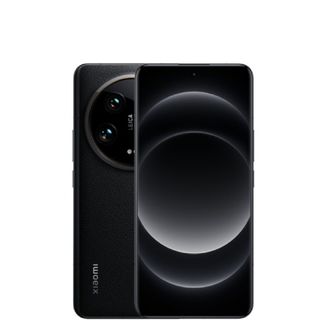
Co-developed with Leica, this is our top pick: a phone that prioritizes photography, offering a 1-inch Sony LYT-900 sensor on its main 50MP camera with a variable f/1.63-f/4.0 aperture.
Read more below
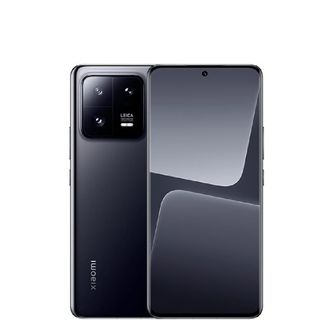
The 13 Pro is older than our number one pick, and not quite as advanced. But at the same time it's more affordable, and offers cutting-edge cameras and a refined design.
Read more below
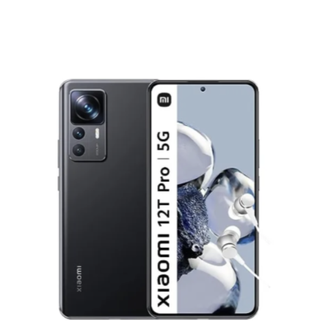
If your budget doesn't exceed $600, here's our top recommendation. The key attraction of the Xiaomi 12T Pro is its 200MP resolution, which produces masses of picture detail.
Read more below
Best Xiaomi phones
Why you can trust Digital Camera World
Best Xiaomi phone overall
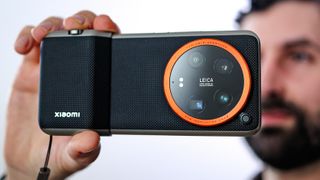
Specifications
Reasons to buy
Reasons to avoid
The Xiaomi 14 Ultra is a groundbreaking phone that prioritizes photography, offering a 1-inch Sony LYT-900 sensor on its main 50MP camera with a variable f/1.63-f/4.0 aperture. Co-developed with Leica, it delivers exceptional image quality and manual controls, complemented by three additional 50MP cameras for ultra-wide, telephoto, and periscope telephoto shots.
The phone's 6.73-inch WQHD+ AMOLED display is vibrant and adaptable, while its premium design features a vegan leather back and robust metal frame. Despite its bulk and weight, the build quality and aesthetics are top-notch. Powered by the Snapdragon 8 Gen 3, with 512GB storage and 16GB RAM, it excels in performance but falls short with its software interface, HyperOS, which can feel intrusive.
A 5,000mAh battery supports fast 90W wired and 80W wireless charging. Though expensive and lacking eSIM support, the Xiaomi 14 Ultra is a dream device for photographers seeking top-tier imaging capabilities in a smartphone. For more details, read our Xiaomi 14 Ultra review.
Best Xiaomi phone for value
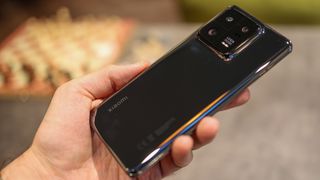
Specifications
Reasons to buy
Reasons to avoid
The Xiaomi 13 Pro is older than our number one pick, and not quite as advanced. But at the same time it's more affordable, and its cutting-edge camera hardware, refined design and impressive performance are very desirable indeeed.
Its standout feature is the 1-inch Sony IMX989 sensor on the main 50MP camera, delivering stunning portrait photography with natural depth of field. The Leica co-engineered camera system includes telephoto and ultra-wide lenses, with the telephoto offering innovative tele-macro functionality for close-up shots. Its 6.73-inch WQHD+ AMOLED display is vibrant and ideal for media consumption, while the ceramic finish adds a sleek, though fingerprint-prone, aesthetic.
Powered by the Snapdragon 8 Gen 2 chipset, it excels in gaming and multitasking, though MIUI software can feel heavy. Battery life is reliable, with ultra-fast 120W wired and 50W wireless charging. While lacking extensive zoom and priced at a premium, the Xiaomi 13 Pro impresses with its versatile cameras, vibrant display, and premium build, making it one of 2023’s top camera-focused smartphones.
Best Xiaomi phone under $600
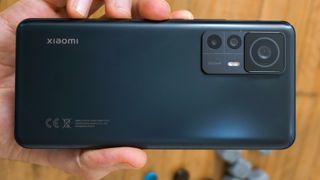
Specifications
Reasons to buy
Reasons to avoid
If your budget doesn't exceed $600, here's our top recommendation. The key attraction of the 12T Pro is its 200MP resolution, offering the same ground-breaking resolution as the much, much more expensive Samsung Galaxy S23 Ultra. This produces masses of detail, but its overall photographic potential are let down by inferior, old-spec secondary cameras.
The ultra-wide setting offers a mere 8MP, and the paltry 2MP of the macro lens makes it hardly worth using. This is a decent-value phone, nonetheless, and its 120W charging is particularly welcome with those who want to top of their phone in a hurry. The large 5000mAh battery also helps it handset last all day.
See our full Xiaomi 12T Pro review.
Best Xiaomi phone under $400
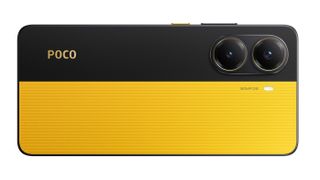
4. Poco X7 Pro
Specifications
Reasons to buy
Reasons to avoid
Even under $400, you can get premium smartphone features if you opt for the Poco X7 Pro. Its 50MP Sony IMX882 main camera features optical image stabilization (OIS) and a wide f/1.5 aperture, enabling excellent low-light performance and sharp, dynamic photos.
Backed by AI tools like Dynamic Shots and UltraSnap, it’s perfect for creative photography. The 6.67-inch OLED display with a 120Hz refresh rate delivers vibrant visuals, while the powerful MediaTek Dimensity 8400-Ultra processor ensures smooth performance for gaming and multitasking.
A huge 6000mAh battery provides impressive endurance, and 90W fast charging gets you back to full power in no time. While the 8MP ultrawide camera falls short in quality, the overall camera system punches well above its price range. Pre-installed bloatware and limited macro capabilities are minor drawbacks.
Best Xiaomi phone under $400
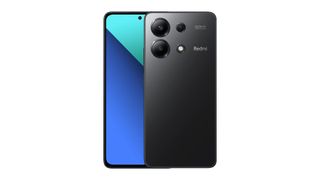
5. Redmi Note 13 4G
Specifications
Reasons to buy
Reasons to avoid
Seriously short on cash? The Redmi Note 13 4G is an entry-level smartphone that balances affordability with solid features. Its highlight is the 108MP Samsung ISOCELL HM6 main camera, delivering sharp and well-exposed photos in good lighting. The phone’s 6.67-inch 120Hz OLED display provides a bright and vibrant viewing experience, but it lacks HDR support.
Despite its strengths, the phone's performance is limited by the Snapdragon 685 chipset, which struggles with multitasking and heavier tasks. Video capture is capped at 1080p with no stabilization, and the ultrawide and macro cameras offer subpar quality. Its design includes an IP54 rating, Gorilla Glass 3 protection, and stereo speakers, making it sturdy and practical.
With 33W fast charging and a 5,000mAh battery, this phone offers reliable battery life for everyday use. For those on a tight budget, it provides excellent value, though performance compromises should be considered.
How we test Xiaomi phones
As a photography website, we pay special attention to the photo and video quality of Android phones. Camera phones are all-around digital assistants too, of course, so we will also check general handling, usability, and practicality – such as battery life.
For Android camera phones we rate resolution, noise, and color rendition in the context of what rival Android phones can do, and where there are any special features, such as ‘night modes’ or ‘portrait modes’, we check that these perform as the makers describe.
What is the difference between Xiaomi and Redmi?
You'd be forgiven for thinking Redmi is a phone brand in its own right, but, Remdi is actually a subbrand of Xiaomi. Redmi devices are usually more budget-friendly than those made under the main Xiaomi brand. Xiaomi phones typically have newer cameras and features than their Redmi counterparts, although Redmi phones still pack in some excellent features for a reduced price.
What is the difference between Xiaomi and Poco?
Xiaomi reserves its most high-end phones for selling under its own name, but the company also produces phones sold under the Poco branding. Poco is used for the company's mid-tier phones, which offer a little less power and less capable cameras than Xiaomi phones, but at a lower price.
Get the Digital Camera World Newsletter
The best camera deals, reviews, product advice, and unmissable photography news, direct to your inbox!
Tom May is a freelance writer and editor specializing in art, photography, design and travel. He has been editor of Professional Photography magazine, associate editor at Creative Bloq, and deputy editor at net magazine. He has also worked for a wide range of mainstream titles including The Sun, Radio Times, NME, T3, Heat, Company and Bella.
- Gareth BevanReviews Editor
- Basil Kronfli
